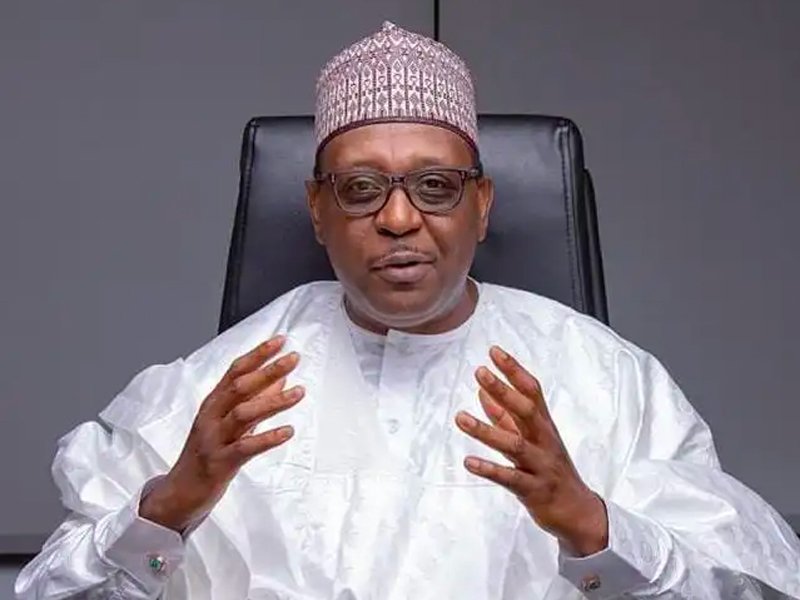In the wake of the recent USAID suspension, Nigeria is stepping up with a bold plan to hire 28,000 health workers previously supported by USAID. This move showcases the government’s commitment to taking charge of its healthcare system and reducing reliance on foreign assistance.
Health Minister Ali Pate emphasized the need for greater investment, noting that the government currently contributes only 30% to health expenditures, leaving individuals to cover the remaining 70%. Additionally, over 70% of medications and more than 99% of medical devices are imported, highlighting the urgency for self-sufficiency.
To address these challenges, the Federal Executive Council has approved an extra $200 million for the 2025 health budget, aiming to offset the shortfall from U.S. aid cuts. This funding will primarily support the procurement of HIV treatment packs and other essential health services.
While the U.S. aid suspension has disrupted programs like PEPFAR, which supports over 20 million HIV patients globally, Nigeria’s proactive measures aim to ensure continued care for its citizens. The government’s decisive action reflects a broader strategy to enhance national ownership of healthcare and build a more resilient system for the future.
If you enjoyed this article, click here to read more informative posts, also check us out on Instagram for fun and engaging content.
















